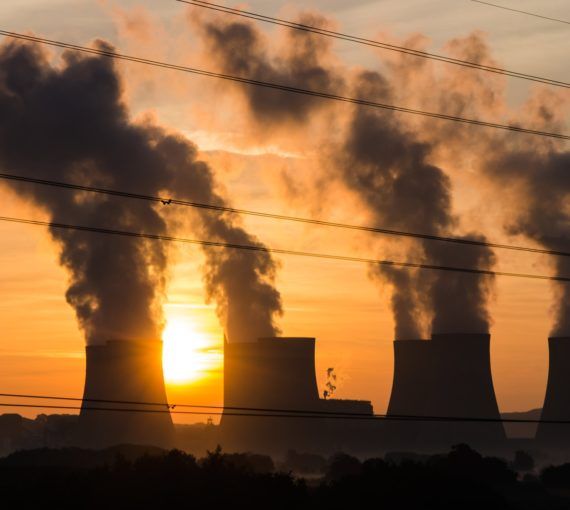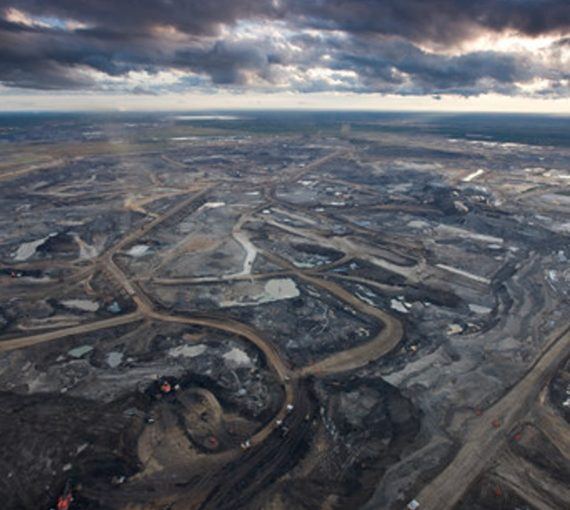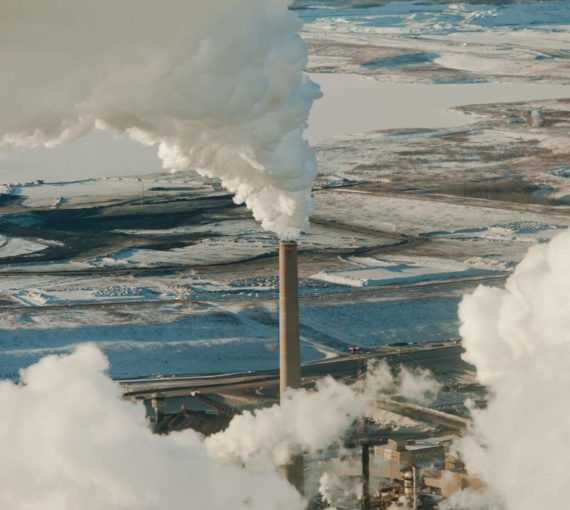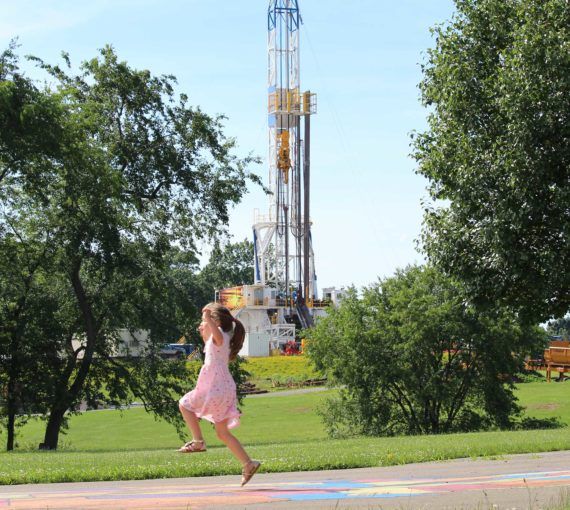
B.C. has stronger climate policies than most American states, so one would expect the province to have a reasonable return for publicly owned oil and gas reserves. (Photo: Pixabay via Pexels)
British Columbia’s recently updated climate plan, Roadmap to 2030, promises to integrate emissions goals into the oil and gas royalty system. But the province’s current royalty system review doesn’t include a design with environmental or climate outcomes in mind.
The policies proposed in the natural gas royalty discussion paper and the expert panel’s report follow an outdated policy approach that’s out of step with B.C.’s climate goals. The review is supposed to align royalties with the province’s revenue, sustainability and climate goals, but the five design objectives arbitrarily exclude the environment. As well, not one of the proposed royalty reforms addresses environmental objectives.
The public consultation phase of the natural gas royalty review process ends Dec. 10 and the outcome of the review is to be released in February.
The policies proposed in the natural gas royalty discussion paper and the expert panel’s report follow an outdated policy approach that’s out of step with B.C.’s climate goals
As an economist studying royalties and emissions from the oil and gas industry in the U.S., I couldn’t help comparing the approaches across the two countries. The U.S. House of Representatives just took a step forward by passing a bill raising oil and gas royalties on public lands from the current 12.5 per cent to 18.75 per cent, which is closer to market rates.
B.C. has stronger climate policies than most American states, so one would expect the province to have a reasonable return for publicly owned oil and gas reserves. I thought 12.5 per cent was a low rate – private U.S. landowners typically get nearly 20 to 25 per cent – but B.C.’s rate was just 2.4 per cent last year, as determined by the recent independent assessment of the natural gas royalty program. Royalties, the assessment found, are depressed by inefficient and outdated tax credits, and the oil and gas royalty program is not achieving its goal of producing a fair return on public resources. Expensive and inefficient subsidies are given, for example, for drilling wells deeper than would otherwise be justified. Scrapping these subsidies is a no-brainer.
But the bigger issue lurking behind the discussion about scrapping explicit subsidies is the implicit fossil fuel subsidy that results from ignoring greenhouse gas impacts. Since the International Monetary Fund finds these implicit subsidies dramatically exceed explicit ones, merely reversing the explicit ones would represent only a half measure. Royalty reform should go a step farther by incorporating a carbon surcharge into royalties that reflects the climate impacts of the fossil fuels produced. The U.S. is similarly taking stock of the climate impacts of its oil and gas leasing policies, including considering adjusting royalties “to account for corresponding climate costs” of fossil fuel production.
Royalty reform should go a step farther by incorporating a carbon surcharge into royalties that reflects the climate impacts of the fossil fuels produced.
In my recent research, I studied how to incorporate climate action into U.S. leasing policy by adding a “carbon charge” to oil and gas royalties. This idea was previously raised in 2016, when the Obama administration considered the same approach for coal. Implementing a carbon charge as a royalty is straightforward and analogous to carbon pricing. Under a lease with the province to extract publicly owned oil or gas on Crown land, a company would pay a charge reflecting the climate damage of each tonne of life-cycle CO2 emissions embodied in the oil or gas produced. This approach could cover direct emissions released during extraction, processing and transportation, and downstream emissions when it is burned. The size of the charge – in dollars per tonne of CO2 – could be set to align with B.C.’s commitment to a steadily increasing carbon price.
But is this double counting? Canada has a carbon tax at the emissions point where the gas is burned, so why also charge one at the point of production? The reality is that only 12 per cent of B.C.’s gas production is consumed within the province. More than two-thirds is exported to the U.S., which doesn’t have a carbon tax or equivalent regulation. The LNG Canada terminal, with phase one under construction in Kitimat, B.C., will provide another export outlet in just a couple of years that will further amplify the problem. Consequently, most emissions from B.C.’s gas production escape Canada’s carbon tax since the gas is burned abroad. It makes sense to bring those emissions under the climate-policy umbrella by aligning royalties with the same level of ambition as B.C.’s carbon tax.
As I testified before the United States Congress and Interior Department, incorporating carbon charges into oil and gas royalties can reduce greenhouse gas emissions . . . while also raising revenues and achieving a better return on public resources.
Policies to reduce fossil fuel production pursued on their own create the challenge of “leakage,” where reductions in fossil fuel supply in one jurisdiction lead to production shifting to other regions that don’t have equally ambitious carbon policies. From an economic perspective, upstream carbon charges are justified because leakage from one area to another is far from complete. I found that concern for the climate motivates substantial carbon charges. As I testified before the United States Congress and Interior Department, incorporating carbon charges into oil and gas royalties can reduce greenhouse gas emissions — even accounting for leakage — while also raising revenues and achieving a better return on public resources. This is just as true for British Columbia as for the U.S.
Updating B.C.’s royalty policy to coincide with its carbon-pricing commitments would better align with climate goals such as meeting Paris Agreement targets. Indeed, a recent academic study estimated that 81 per cent of Canada’s gas reserves must be left in the ground if the world hopes to limit heating of the planet to 1.5 C.
Yet B.C.’s royalty system remains outdated and untethered to the province’s emissions targets and Canada’s climate goals. The province should eliminate explicit subsidies and correct implicit subsidies through carbon charges. There is no excuse for the B.C. government to continue to ignore climate in the royalty review.
This op-ed was originally published in Policy Options
Our work
Always grounded in sound evidence, the David Suzuki Foundation empowers people to take action in their communities on the environmental challenges we collectively face.





